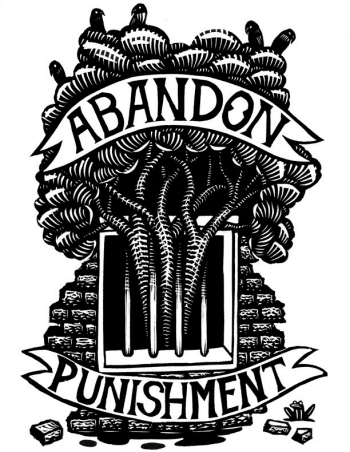About their research
This working group explores the internationalist histories and global possibilities of abolitionist intellectual and social movements. We frame our questions from Angela Davis’ findings that the prison industrial complex was historically rooted in colonial and imperial forms of a global order, Ruth Gilmore and Katherine McKittrick’s insight that carcerality remains crucial to present-day racial capitalist accumulation, Harsha Walia’s notion that imperial displacement and migrant mass detention remains the true origins of the so-called “border crisis,” and Dylan Rodriguez’s argument that recent reduction of structural and systemic violence to individual expressions of “hate,” in actuality leads to the rise of counter-insurgent “populist criminology.”


